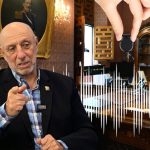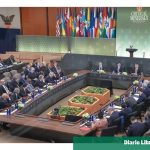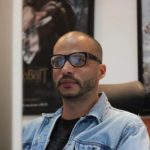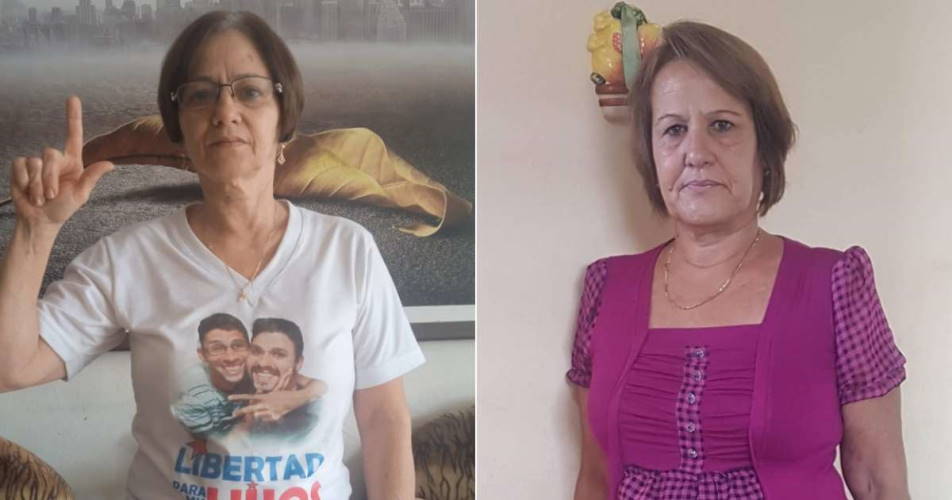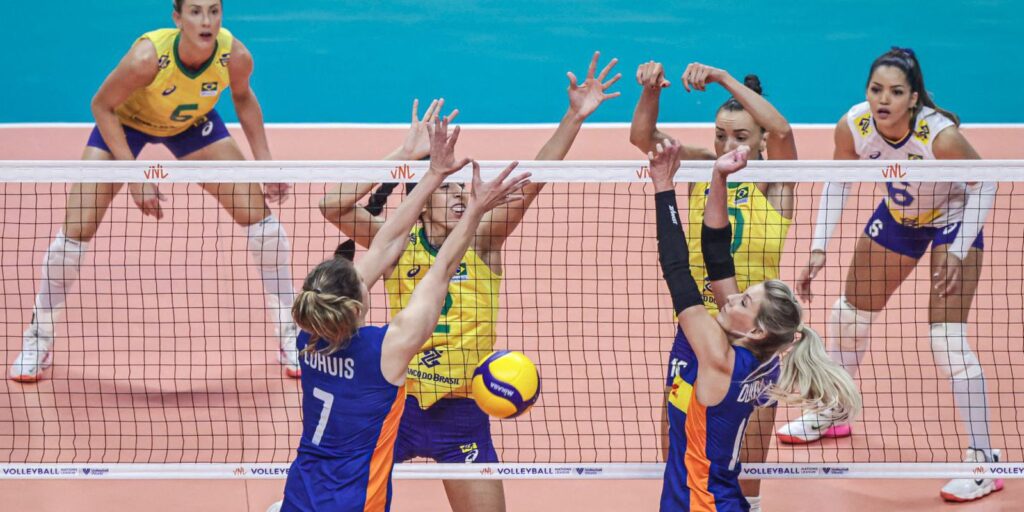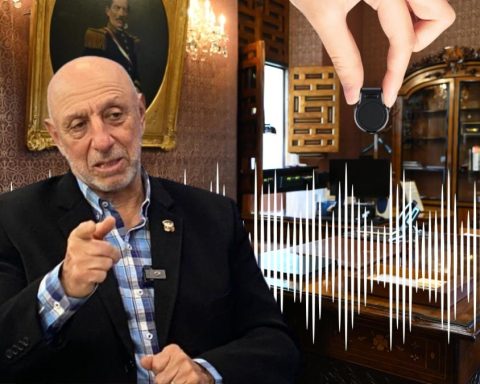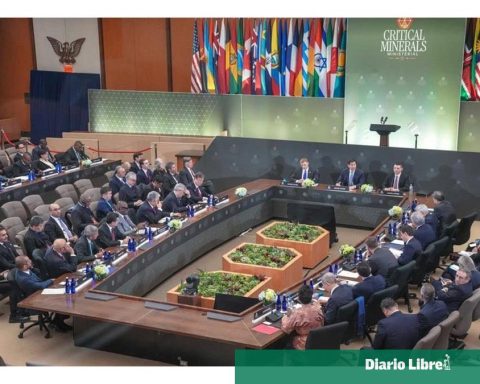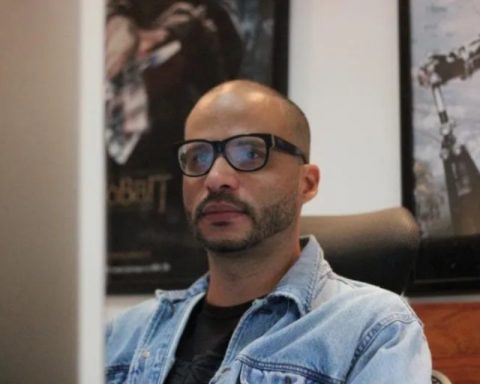Like Louis XIV, many rulers and political leaders believe that they are the State. They feel like the messiahs, the redeemers of France, or of Colombia or of the world. Some resplendent monarchs are believed, precisely like Louis XIV of France, the so-called Sun King. The planets revolve around the star king, a symbol of order and splendor, just as the men and the French people should do around the monarch. Any resemblance to the Colombian reality of recent years is mere coincidence. Not in vain were 72 years of absolutist monarchy, which in the end, a century later, would come to an end with the advent of the French Revolution at the time of his grandson, the guillotined Louis XVI. But I’m not going to talk about politics no matter how fashionable it is. I am going to refer to a much more inspiring, sublime, beautiful, glittering and poetic manifestation: music. And more exactly to classical music. And more precisely to early music.
Early music comprises these periods of history: Music of the Middle Ages (500-1450), Renaissance Music (1450-1600) and Baroque Music (1600-1750). In this historical context, with the mastery of the erudite scholar and outstanding Catalan interpreter Jordi Savall and his viola da gamba, and the finely tuned hand of his orchestra, “Le Concert des Nations”, I had the opportunity to be enraptured by the baroque prodigy of the court festivals and the Palace of Versailles. An exquisite journey through France in the 17th and 18th centuries. Nothing further from the hubbub of Colombian politics. Like going to see whales in the Pacific, some will say. Yes, but without the obligations of a political leader and without voting blank.
When the first evocative chords of the viola da gamba and the harpsichord began to sound, I was no longer in the Teatro Mayor. I had been magically transported back to the 17th century to settle in the Palace of Versailles. The daydream lasted throughout the wonderful concert by Savall and his orchestra. One of the loudest and longest ovations that have been experienced in Santo Domingo at the end of the presentation he landed me back in the comfortable seat on the vibrant stage.
The Spanish maestro, who is one of the greatest connoisseurs and interpreters of this historical music in the world, was once again in Bogotá to the delight of all of us who admire his work and adore ancient music, which are not few. The viola da gamba virtuoso, orchestra director, researcher, teacher and musicologist returned to Colombia, this time with the show “Royal parties in the baroque Versailles”.
The gala traveling through time and space recreated the beautiful and majestic music that adorned the French baroque court of Versailles of the dynasty of kings Louis XIII, Louis XIV and Louis XV, made up of lavish melodies, unique sounds and colorful virtuosity with which the expert has worked during his long and successful career as a researcher, director and performer.
Music comes naturally to the human being, we could almost say that it is intrinsic to homo sápiens, to the specific species homo sápiens, which perhaps made its appearance on planet Earth about 50,000 years ago. The first men found music in nature, in their own bodies, in their voices, and they learned rudimentary sounds, first, and then more complex, and then more poetic and euphonious through precarious objects, such as metals, bones, bowls, reeds, shells, and many more. There are traces that in Sumeria, around the year 3,000 BC, there were percussion, wind and plucked string instruments, of the type of what we know today as the drum, the flute and the harp.
In the dialectic of this evolutionary process, we quickly come across the so-called ancient music, which, as we said, can be located in the Europe of the Middle Ages, the Renaissance and the Baroque period. And we know a lot about this evolutionary process and early music thanks to the dedicated studies and investigative expertise of Maestro Savall. Archaeologist of historical music, we owe him the discovery and recreation of many jewels of musical art such as those we enjoy these days.
The Italian writer Italo Calvino said that “a classic is a book that never finishes saying what it has to say”. The same goes for classical music, early music, or any work of art that transcends its time. Parodying Calvin we could say that a classic is a musical work that never finishes saying what it has to say. And ancient music, many centuries later, continues to surprise and excite us and to teach and say new things through its sui generis sonorities and its period instruments.
Born in 1941, Savall has received countless national and international awards, distinctions and recognitions such as thehe Midem awards, International Classical Music, Grammy and the Gold Medal for Merit in Fine Arts. Through the viola da gamba and his archaeological explorations, he has dedicated his life to recovering ancient music and is considered one of the main architects of the current revaluation of this historical genre. The Catalan maestro has created the musical groups “Hespèrion XXI”, “La Capella Reial de Catalunya” and “Le Concert des Nations”, and has recorded and edited more than 200 albums of medieval, Renaissance, baroque and classical music repertoires .
Immersed in the oceanic and melodious depth of early music, specifically in the show “Royal Festivals in the Baroque Versailles”, I come to the surface in a metaphorical crescendo to the beat of the staging by archaeologist Jordi Savall and his orchestra, “ Le Concert des Nations”. The leitmotif of this name is a utopian concept that alludes to the premonition that art would carry its own imprint in its DNA in an imperishable way: that of the Age of Enlightenment. As the Sun King of France thought, the same of the State is Me, with that majestic pronoun in the first person singular. As some politicians believe that, contrary to the classics, they have already said everything they had to say. Let’s spend more time on old music and less on old and outdated politics.






